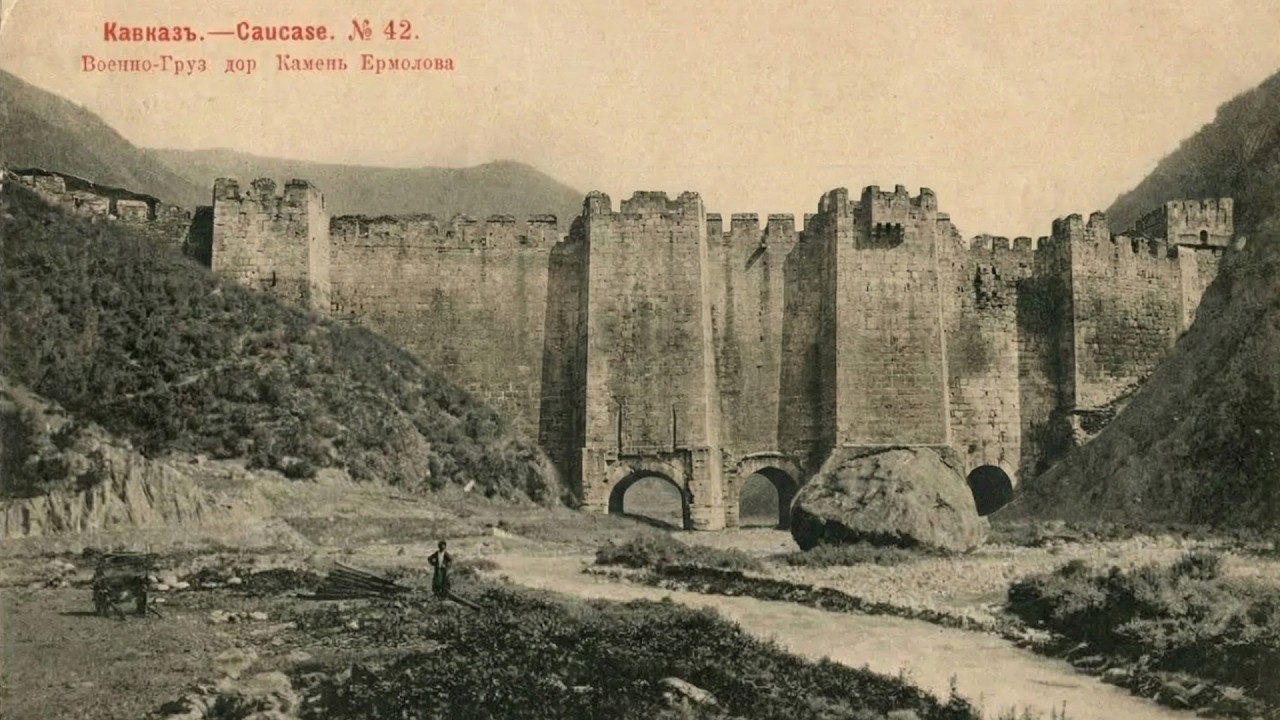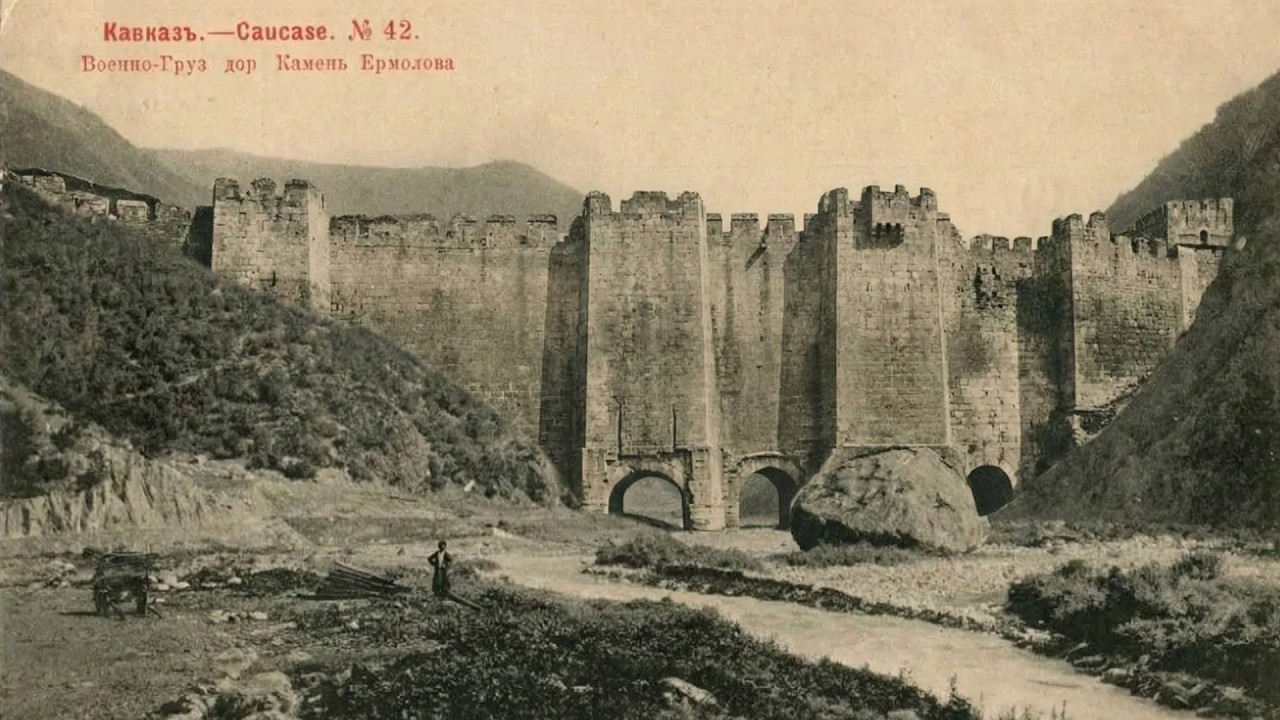In a dramatic turn of events, Turkey has nullified the firman that allegedly granted Lord Elgin permission to remove the Parthenon Marbles. This document, long cited as Elgin's legal authorization, has been reassessed by Turkish authorities, who now assert that it did not legitimize Elgin's actions. This revocation could significantly impact Greece's efforts to repatriate the Marbles, adding weight to their argument that the artifacts were acquired without proper authorization.
The Parthenon Marbles, also known as the Elgin Marbles, have been a subject of intense debate and controversy since their removal from the Parthenon in Athens in the early 19th century. Lord Elgin, the British ambassador to the Ottoman Empire, orchestrated the removal and transportation of these significant artifacts to Britain. The British Museum has housed the Marbles since their purchase from Elgin, who claimed he had a firman (an official decree) from the Ottoman authorities granting him permission.
However, the legitimacy of this firm has been questioned for many years. Critics argue that Elgin's actions amounted to cultural theft and that the firman, if it existed, did not explicitly permit the dismantling and removal of the sculptures. The Greek government has persistently demanded the return of the Marbles, citing ethical and cultural reasons.
The Turkish Annulment
Recent actions by Turkish authorities have added a new dimension to this longstanding dispute. According to reports, Turkey has officially annulled the firman that Elgin used to justify his removal of the Parthenon Marbles. This decision suggests that the document either never had the legal standing that Elgin claimed or that it has been misinterpreted and misrepresented over the centuries.
Turkish officials, including those in the cultural heritage sector, have highlighted that the firman did not constitute a legal sale or transfer of ownership. Instead, it might have been a mere administrative note, granting limited permission for Elgin to make sketches and perhaps take a few insignificant fragments. This re-evaluation discredits the narrative that Elgin had the right to remove large portions of the Parthenon sculptures.
Implications for Repatriation Efforts
The annulment of the firman significantly strengthens Greece's position in the campaign to repatriate the Parthenon Marbles. Greek authorities have consistently argued that the Marbles were removed illegally and should be returned to their rightful home. The Turkish decision undermines the British Museum's defense that the acquisition was lawful and aboveboard.
This development also highlights the broader issues of cultural heritage and the restitution of artifacts acquired during colonial times. Many countries are re-examining the provenance of their museum collections, and there is growing international support for the return of culturally significant items to their places of origin.
The annulment of the firman by Turkey marks a pivotal moment in the ongoing controversy over the Parthenon Marbles. It challenges the legal foundations of Elgin's actions and bolsters Greece's claims for their return. As the debate continues, this decision may lead to renewed discussions and potential resolutions regarding the rightful home of these invaluable artifacts.








